The castle was the stronghold of three influential families; the Bigods, the Mowbrays and the Howards. The penultimate duke, Thomas, was the uncle to two of Henry VIII's wives (Anne Boleyn and Cathrine Howard). It caused the building of a royal castle nearby - Orford Castle - so that the king could keep an eye on what the mighty Dukes of Norfolk were up to. The castle was rebuilt and modernized several times, but was more or less abandoned after Mary went to London and it was eventually turned into a poorhouse. Nowadays it's run by English Heritage, meaning I spent not a dime to walk in and spend 90 wonderful minutes there.
The main entrance.
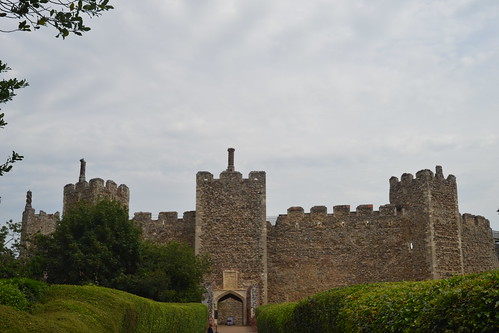
The poorhouse. The buildings were put up in the 17th and 18th centuries and today contains a small museum, a shop and probably some offices as well.
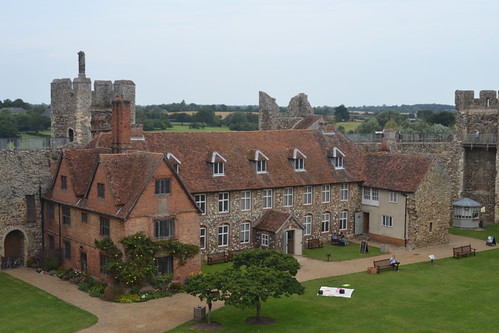
The last owner of the castle was Sir Robert Hitcham, who was one of the earliest known rich guys with noble yet largely futile ideas about edjumacating the lower classes.
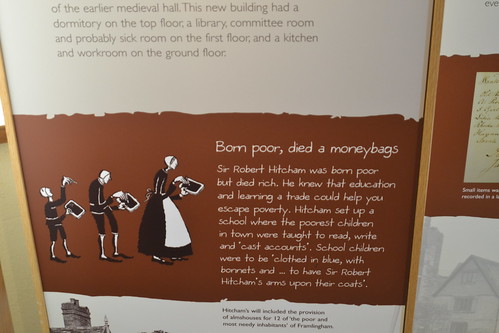
The Dukes' private lodgings used to be connected to the formal gardens by a bridge, the foundations of which still stand.
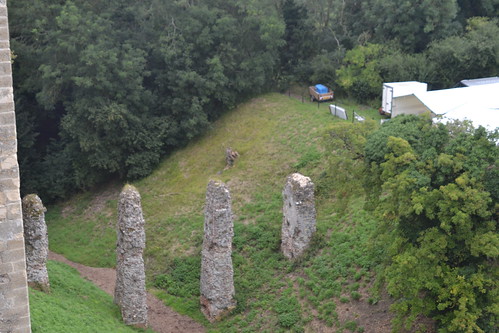
The Howards had airs of royalty. They invoked Henry VIII's wrath by incorporating royal emblems into their heraldry and would build chimneys that led absolutely nowhere just because they'd seen it on royal castles.
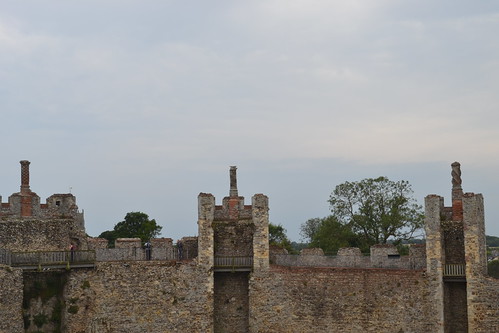
There's a small lake just outside the castle. It was much larger in olden days, and would provide the inhabitants with fresh fish for Fridays (try saying that fast, ten times) when, by papist tradition, they could not eat meat.
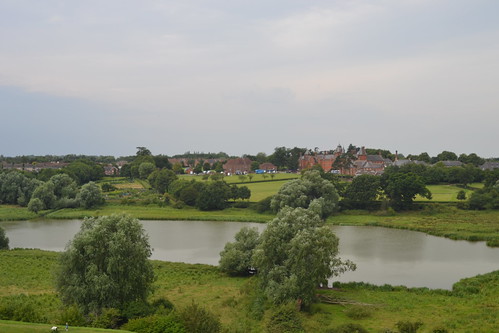

No comments:
Post a Comment